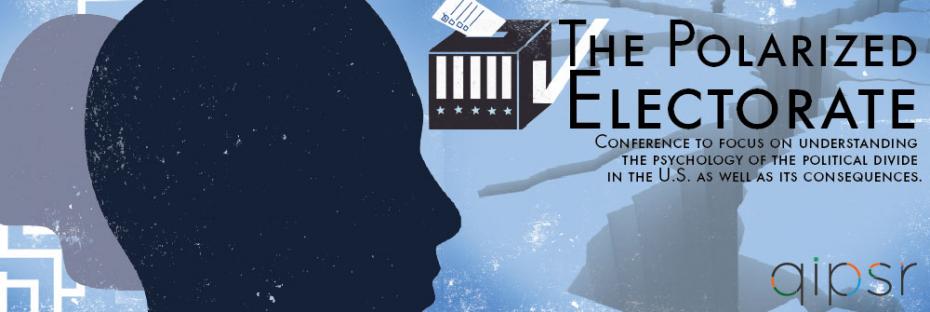Conference Explores America’s Polarized Electorate
By Guy Spriggs
On Friday, December 7, UK’s Quantitative Initiative for Policy and Social Research (QISPR) will host a conference entitled “The Polarize Electorate” in the Young Library Auditorium.
The goal of the conference is to investigate the political and public division in contemporary America and to determine why this divisiveness is becoming a way of life for Americans.
“Everyone knows the political parties are more divided than ever,” said Mark Peffley, UK political science professor and director of QIPSR. “But why has the electorate become so polarized, and what, if anything, can we do about it?”
The conference is focused on understanding the psychology and policy implications of polarized communications. “One of the goals is to come away with a deeper understanding of how polarization is created in the first place,” Peffley explained.
The organizers of the Polarized Electorate Conference are bringing together experts from a variety of fields to explore the American political landscape. Speakers include:
- James N. Druckman (the Payson S. Wild Professor of Political Science at Northwestern University) uses innovative survey experiments to uncover stark evidence that polarized party elites fundamentally change how citizens make decisions. Partisans in a polarized environment follow their party regardless of the quality of the arguments made, with more confidence and dogmatic adherence to their own opinions while dismissing alternative views. Paper here.
- Dan Kahan (the Elizabeth K. Dollard Professor of Law and Professor of Psychology at Yale University) uses innovative survey experiments to show how the public’s cultural identities shape their perceptions of societal risk and scientific research on climate change, gun control, nanotechnology, geoengineering and much more. Paper here.
- Kevin Arceneaux (Political scientist, Temple University) uses innovative media experiments to study the impact of partisan networks, like Fox and MSNBC, where audiences can tune in to news that reinforce their political biases and avoid exposure to contrary information. By allowing subjects to choose what shows they watch, Arceneaux and his coauthor, Martin Johnson, show that studies that ignore the hyperchoice media environment overestimate some important effects of partisan media while underestimating others. Chapters 1 & 3 of their forthcoming book, “Changing Minds or Changing Channels? Media Effects in the Era of Expanded Choice.”
You can learn more about the Polarized Electorate Conference at the following web address:
http://qipsr.as.uky.edu/events/conference-polarized-electorate


